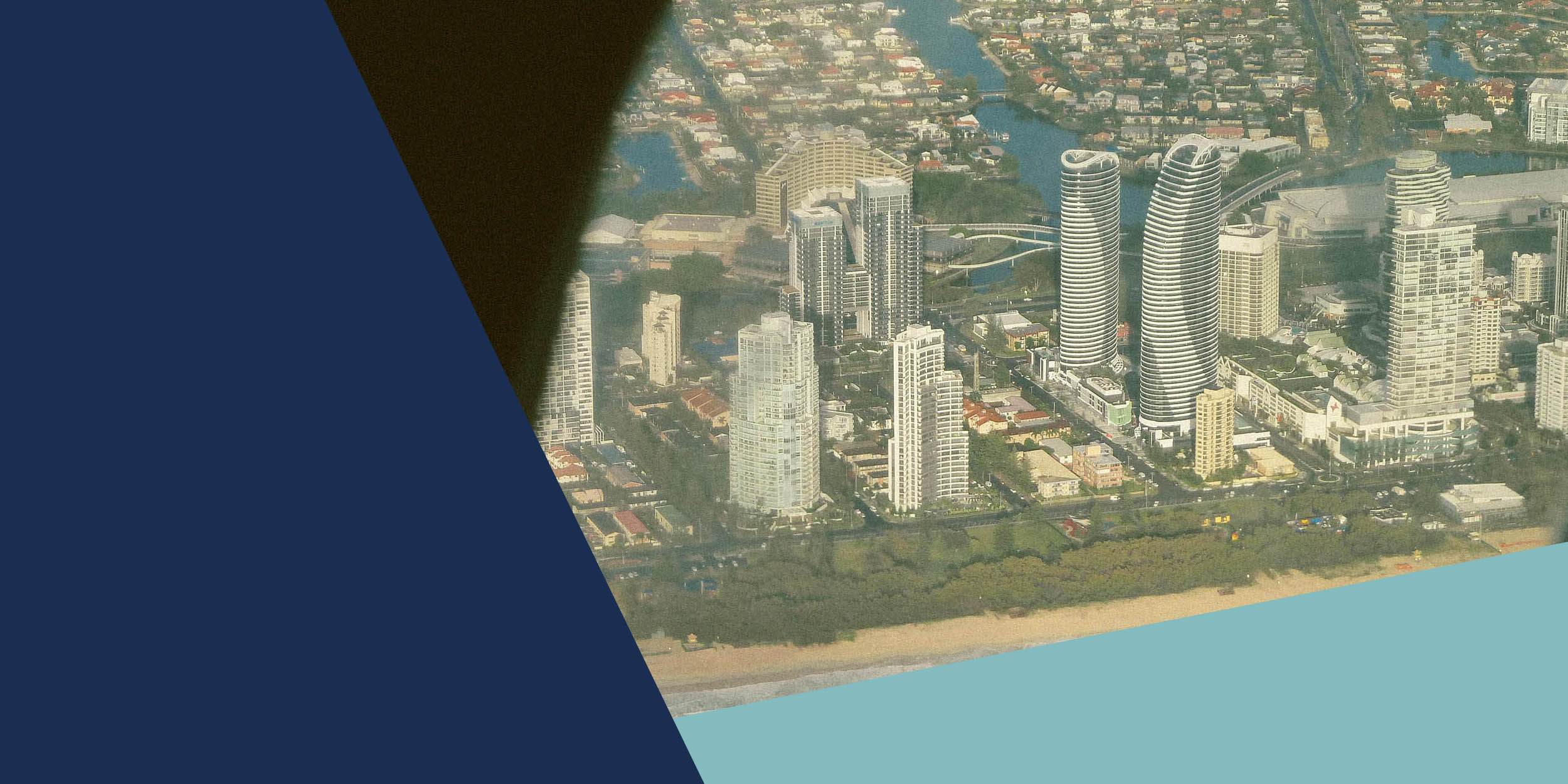We’ve been writing a bit recently about buying property off-the-plan and how it differs from purchasing an established property. Whilst doing research for these articles our conveyancing solicitors stumbled across this great article which answers eight common questions a buyer may have when deciding to purchase an apartment off-the-plan.
It’s no secret that making the decision to purchase a property that is yet to be completed, or prior to construction even starting, makes the purchase complex more complicated and involved than purchasing an established property through a standard contract of sale. However, buying off-the-plan also brings a lot of benefits with it.
If you are looking to purchase a new property off-the-plan have a read of this article which may help to answer any questions you have about the benefits and risks of this type of property purchase.
8 Common Questions When Buying Off-The-Plan:
There are many benefits to buying a residential property off-the-plan but for many, it is a completely new way of purchasing property.
We took a look at eight common questions first-time purchasers of off-the-plan property have.
1. Will the display be identical to my apartment layout?
The display suite will show a level of finishes but because there are many different configurations and apartment types within the one building, you’ll need to ask the sales consultant how your apartment differs from the display. Request a schedule of finishes relevant to the apartment you’re looking at. Also, ask whether or not the display is the same in terms of kitchen, bathroom and bedroom dimensions and layout.
2. When will the building be finished and when do I pay for it?
Construction times vary depending on the size of the building – the larger the construction, the longer the build time. You’ll most likely need to pay a 10% deposit when you sign the contract, with the balance due when it’s finished.
3. Who normally keeps the interest from my 10% deposit?
This varies from project to project, however typically the developer receives the interest on the deposit. It is always wise to ask the sales person this question, as often you can negotiate to share part or full payment of the interest with the developer.
4. If I pay a cash deposit is it secure if something happens to the developer?
Your deposit will be held in a solicitor’s trust account until the project is finished or the registration/sunset period expires.
5. What is the sunset clause or registration period?
A sunset clause is a section in the sales contract that refers to the maximum amount of time the developer has to complete construction of the project. It also gives the buyer a date when they can legally walk away from the contract if the building isn’t finished on time. The buyer’s deposit should be returned if the developer and/or builder doesn’t deliver a completed project by the date stated in the sunset clause.
6. What happens if the market drops or interest rates rise. Do I still have to settle?
Yes, you are obligated under the contract to settle.
Smart property investors take a long-term view of investing to ride out the cycles without letting their emotions distract them from the end goal. Capital appreciation doesn’t occur in a uniform manner year after year.
Fixing your interest rate is one way to minimise exposure to interest rate rises. However, locking in a fixed loan rate may mean you may have to pay break costs if you want to pay out the loan early. A variable mortgage means you’re exposed to rate rises. Or you can take an even way bet and fix part of your loan.
It’s best to speak to your bank or financial adviser about the best option for your situation.
7. How much are the levies (or strata fees)?
A levy is the fee that the owner of an apartment in a strata plan must pay to the Owners Corporation for the management and upkeep of the building and common property. Levies are generally payable quarterly and the cost varies from one building to another, depending on the facilities and the number of apartments in the building contributing towards its upkeep.
8. How can I ensure tenants will look after my new property?
You can never know how tenants will treat your property so
it could be a good idea to take out landlord insurance. This insurance covers you for potential loss of rent due to tenants defaulting on rent, causing malicious or accidental damage and public liability.
Article written by John Meagher and originally published on realestate.com.au.


